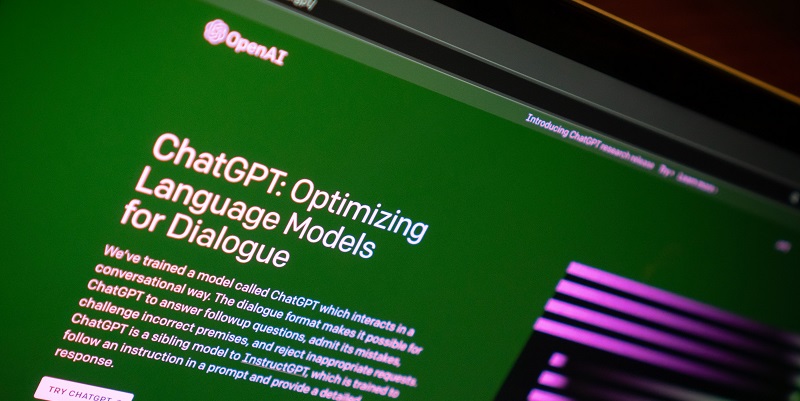In today’s digital age, where customer experiences are of utmost importance, leveraging advanced technology has become crucial. One such innovative tool is ChatGPT, which can revolutionize customer service by providing 24/7 assistance to guests, streamlining processes, breaking language barriers, offering personalized recommendations, and gathering valuable feedback. In this article, we will explore the benefits of ChatGPT in customer service and provide a comprehensive guide for successful implementation.
Benefits of ChatGPT in Customer Service
With ChatGPT’s round-the-clock availability, businesses can cater to guest inquiries and requests at any time. This ensures prompt assistance, enhancing customer satisfaction and loyalty. Whether guests have questions about bookings, amenities, or local attractions, ChatGPT can be of service, improving their experience and boosting engagement.
Streamlining Processes
By integrating ChatGPT into their customer service system, businesses can streamline processes and avoid common booking issues. ChatGPT’s efficient handling of inquiries, reservations, and cancellations helps prevent overbooking or double-booking, leading to better organization and customer satisfaction. The automated nature of ChatGPT reduces human errors and improves operational efficiency.
Multilingual Capabilities
One of the significant advantages of ChatGPT is its multilingual capabilities. Breaking language barriers, ChatGPT can communicate with guests in their preferred language, ensuring effective and seamless interactions. This feature is especially beneficial for businesses operating in diverse regions with an international clientele, providing a personalized experience and fostering customer loyalty.
Personalized Recommendations
ChatGPT can analyze guest preferences and previous interactions to provide tailored and relevant recommendations. By considering factors such as past bookings, likes, and dislikes, ChatGPT delivers personalized suggestions for accommodations, dining options, and local activities. This personal touch enhances customer satisfaction, elevates the overall experience, and increases the likelihood of repeat bookings.
Gathering Feedback and Conducting Surveys
Understanding customer feedback is crucial for improving services and offerings. ChatGPT can proactively gather feedback and conduct surveys, allowing businesses to consistently evaluate and enhance their customer service. By extracting valuable insights from guest interactions, businesses can identify areas for improvement, address concerns promptly, and provide a better overall experience.
Selecting a Compatible Platform
To ensure smooth integration, businesses should carefully select a platform that aligns with their needs. The chosen platform should support seamless integration with existing systems, websites, and social media channels. Compatibility and scalability are essential factors to consider when choosing a platform that can effectively implement ChatGPT.
Tailoring the Chatbot to Match the Brand’s Tone and Style
For a cohesive customer experience, it is important to tailor ChatGPT to match the brand’s tone and style. By incorporating the brand’s language, values, and personality into the chatbot’s responses, businesses can create an inviting and relevant interaction. Consistency in brand messaging throughout the conversation enhances customer trust and strengthens brand identity.
Regular Monitoring and Adjustment
Implementing ChatGPT is not a one-time task. To ensure its effectiveness, it is crucial to regularly monitor the chatbot’s performance. Continuous evaluation allows businesses to identify areas for improvement, refine responses, and address any shortcomings. Regular adjustments and updates based on customer feedback and evolving needs help maintain the efficiency and relevance of ChatGPT in delivering exceptional customer service.
The implementation of ChatGPT presents a multitude of benefits for businesses, including enhanced customer service, cost savings, and improved operational efficiency. Leveraging advanced technology like ChatGPT enables businesses to provide round-the-clock assistance, streamline processes, break language barriers, offer personalized recommendations, and gather valuable feedback. By carefully selecting a compatible platform, tailoring the chatbot to match the brand’s style, and regularly monitoring its performance, businesses can ensure the successful implementation of ChatGPT and deliver exceptional customer experiences.

